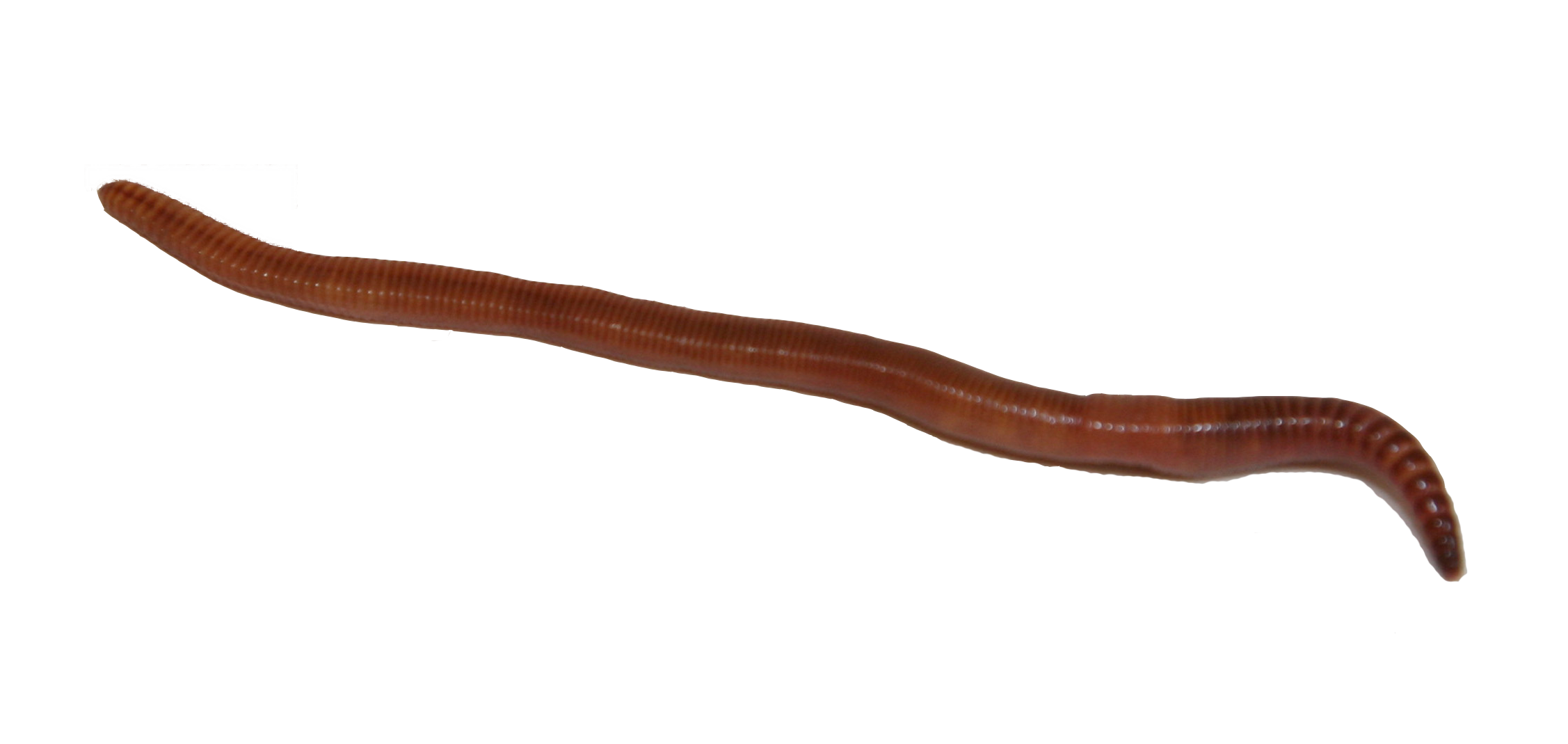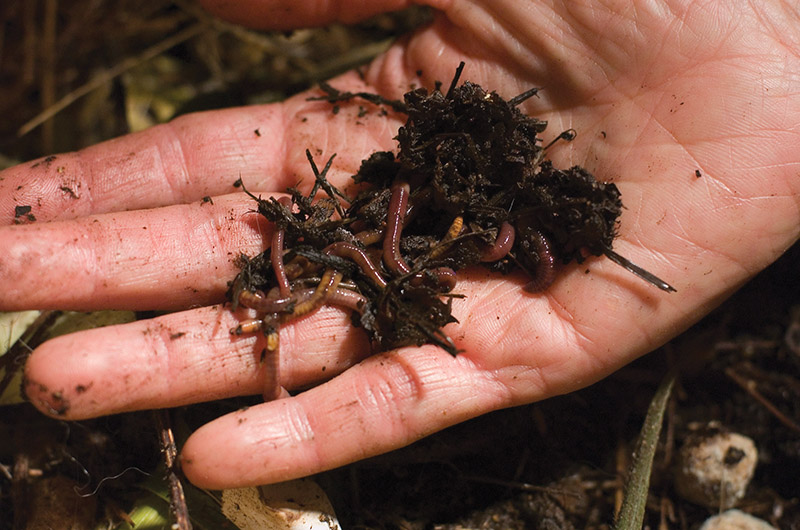Red worms: For compost systems
Red worms: For compost systems
Blog Article
Why Red Wigglers Are Crucial for Natural Farming
Red wigglers play an essential function in organic farming, mostly through their one-of-a-kind capability to disintegrate organic materials and improve soil health. Their task not just improves the soil with essential nutrients however additionally promotes a growing ecosystem essential for sustainable farming. The physical processes they involve in, such as oygenation and moisture retention, add significantly to improved crop yields. Nonetheless, the extent of their effect on agricultural techniques and soil biology elevates fascinating questions regarding the future of natural farming. What effects might this have for farming methodologies?
Duty of Red Wigglers in Dirt Health And Wellness

Furthermore, red wigglers enhance dirt framework by producing networks as they burrow. These networks improve aeration and water seepage, advertising a much healthier origin setting. Their task likewise assists in keeping ideal wetness levels, which is critical for healthy plant growth.

Benefits of Worm Castings
Worm castings, the nutrient-rich waste matter produced by red wigglers, function as an effective modification for natural farming. These spreadings are replete with necessary nutrients such as nitrogen, phosphorus, and potassium, which are essential for plant growth. Unlike artificial fertilizers, worm spreadings launch nutrients gradually, offering a stable supply with time and reducing the risk of nutrient leaching and overflow.
Additionally, worm spreadings enhance soil structure and aeration, promoting healthier root systems. Their high organic issue material improves dampness retention, enabling plants to much better hold up against drought problems. Additionally, worm spreadings have useful bacteria that sustain plant wellness by suppressing virus and boosting nutrient uptake.
The application of worm castings can bring about enhanced crop yields and improved quality of produce, making them an important resource for natural farmers. Their use likewise aligns with sustainable farming practices, contributing to dirt fertility without the adverse ecological influences linked with chemical plant foods. Overall, the consolidation of worm spreadings into agricultural practices fosters a much more resilient and productive community, underscoring the significance of red wigglers in natural farming systems.

Enhancing Nutrient Cycling
(eisenia fetida for sale)Nutrition cycling is an essential procedure in natural farming, and the integration of red wigglers plays a pivotal role in improving this cycle. As red wigglers take in rotting natural matter, they secrete nutrient-rich spreadings, which are bristling with advantageous microorganisms.
Moreover, red wigglers help to speed up the mineralization of nutrients, transforming them from inert kinds into bioavailable forms that get redirected here plants can soak up. This procedure is critical for keeping dirt fertility and promoting healthy and balanced crop growth. The existence of red wigglers additionally urges a diverse soil ecosystem, cultivating an equilibrium of nutrients that supports numerous plant species.
Improving Soil Framework
The improvement of soil framework is important for promoting a healthy farming community, and the task of red wigglers dramatically adds to this enhancement. These earthworms play a necessary function in freshening the dirt and producing a network of channels that help with water infiltration and origin infiltration. As they delve with the dirt, red wigglers break up compressed layers, enabling much better oxygen exchange and promoting microbial activity.
Additionally, the natural matter generated from their waste, called vermicast, enhances soil aggregation. This procedure produces stable clumps of dirt bits, improving dirt porosity and reducing disintegration (red wigglers). The existence of red wigglers also motivates the advancement of helpful fungal networks, which are critical for nutrient uptake by plants
Promoting Sustainable Practices
Incorporating red wigglers right into natural farming methods not only boosts soil health and wellness however also advertises sustainable farming approaches. These earthworms play a vital duty in nutrient cycling, transforming organic waste into important garden compost that enhances the dirt. By using red wigglers, farmers can effectively reduce reliance on artificial fertilizers, thus decreasing chemical drainage and its damaging impacts on ecosystems.
Moreover, the unification of red wigglers urges the practice of recycling natural materials, such as kitchen area scraps and farm waste. This waste reduction strategy not only reduces disposal prices yet likewise fosters a closed-loop system where nutrients are continuously returned to the soil (red wigglers). Such techniques are necessary in mitigating climate adjustment, as they enhance carbon sequestration and reduce greenhouse gas discharges
Furthermore, red wigglers boost water retention in the soil, which is critical in times of dry spell. Their burrowing activities produce channels that allow water to permeate deeper into the ground, therefore advertising reliable water use. Eventually, incorporating red wigglers into chemical-free farming not just sustains biodiversity but also aligns with the principles of sustainable farming, providing an all natural strategy to food manufacturing.
Conclusion
Finally, red wigglers play an essential function in organic farming by substantially enhancing soil health and fertility. Their capacity to break down natural issue and produce nutrient-rich spreadings cultivates a successful microbial area, which is vital for nutrient cycling. In addition, the tunneling tasks of these worms boost dirt structure and aeration, promoting much better water infiltration and root development. Hence, the assimilation of red wigglers right into farming methods is crucial for promoting sustainability and enhancing general soil quality.
Report this page